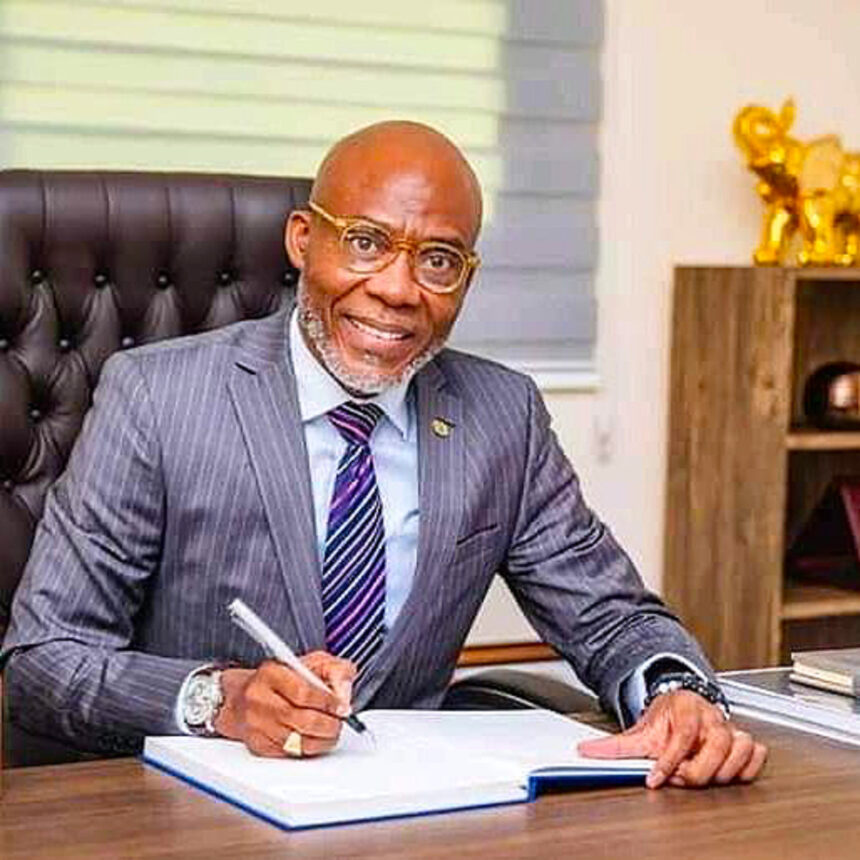Musah Superior writes;
Broken Promises: Part 2.
The NDC’s Deafening Silence on LGBTQ+: From Fiery Opposition to Muted Governance.
Eight months into the Mahama administration, the National Democratic Congress (NDC) is showing a stunning inconsistency on one of the issues that defined their political rhetoric ahead of the 2024 General Elections: LGBTQ+.
Not long ago, the NDC rode on the crest of cultural nationalism, projecting themselves as the defenders of Ghanaian family values. The Akufo-Addo government and the 8th Parliament did the heavy lifting in drafting, debating, and eventually passing the Promotion of Proper Human Sexual Rights and Ghanaian Family Values Bill — a landmark law that, love it or loathe it, represented a strong statement of intent from Ghana’s political establishment. Under President Akufo-Addo, the bill was shepherded through Parliament with bipartisan support, led in large part by NDC MPs like Sam Nartey George.
Sadly, the Former President, Akufo-Addo failed to assent to it, which in my view was unconstitutional. By refusing to assent to the bill, Akufo-Addo shot himself in the foot and made his government unworthy of trust. The NPP became a public ridicule. The NDC, then in opposition; led by John Mahama loudly criticized Akufo-Addo for undermining the constitution and disrespecting our cultural values by running away from the bill. Akufo-Addo should have assented to it. It was a good bill!
Sam George, then a backbench bulldog, made a name for himself as the most vocal crusader against LGBTQ+ visibility in Ghana. He sparred with Western diplomats, dared human rights organizations, and peppered social media with fierce declarations. For years, his activism was a rallying point for the NDC’s moral positioning. He was unrelenting, ruthless in tone, and unapologetic about criminalizing what he called “alien practices.”
Fast forward to September 2025, and the script has changed. Today, Sam George is no longer the loudmouthed crusader from the opposition benches; he is Ghana’s Minister for Communication and Digitalisation and still the MP for Ningo Prampram. Yet, his once-fiery activism has been reduced to faint murmurs. Yes, he pledged in January to “bring back the anti-LGBTQ bill,” but since then, the “lion” of the fight has sounded more like a whimper. No marches, no media blitz, no social media storms. The contrast is glaring: the Sam George of opposition was a warrior; the Sam George of government is a bureaucrat.
Even more telling is the silence from the very top. President John Dramani Mahama, during the campaign, told Ghanaians he was “against LGBTQ+” but consistently hedged on whether he would sign the bill. His infamous line — “it depends on what’s in the bill” — gave away his caution. Now, with a two-thirds majority in Parliament and full control of the executive, Mahama and the NDC have gone quiet. The issue that once earned them easy political capital is now barely whispered in government circles.
This silence is not accidental. In opposition, the NDC weaponized the LGBTQ+ debate to brand themselves as the guardians of morality. In government, they face the diplomatic, economic, and human rights implications of their own rhetoric. The once unbending defenders of “family values” now look like political opportunists who used the subject for electoral gain but lack the courage to follow through when it matters.
Meanwhile, ordinary Ghanaians who supported the bill are watching with disillusionment. The Akufo-Addo government, for all its criticisms, at least delivered legislative action through the 8th Parliament. The NDC, eight months in power, has delivered silence.
The lesson is simple: opposition is easy. Government is hard. But the duplicity of the NDC on LGBTQ+ reveals the deeper truth about Ghanaian politics; principles are too often traded for convenience. Sam George and his party once staked their credibility on the family values debate. Their silence today is not just deafening; it is damning.


